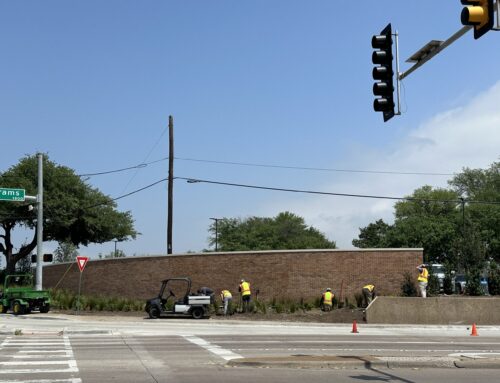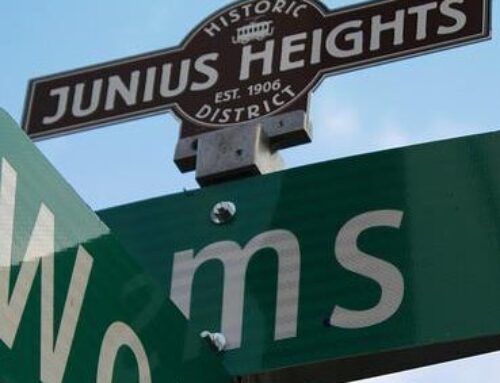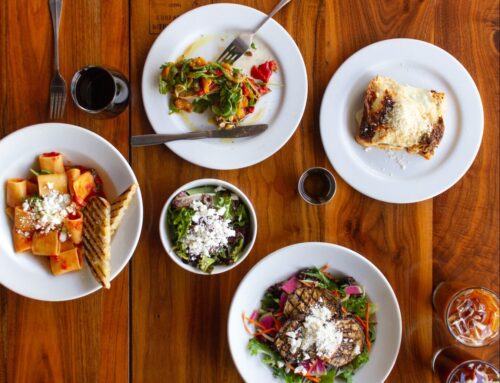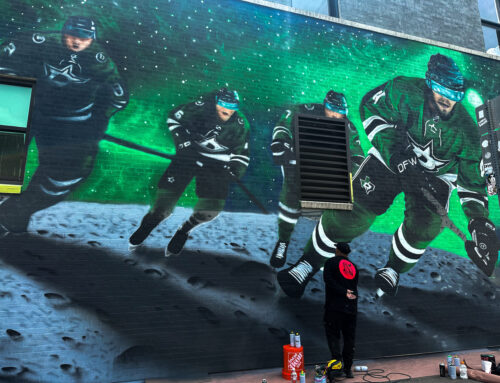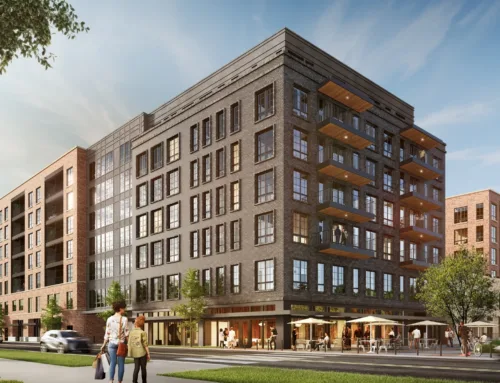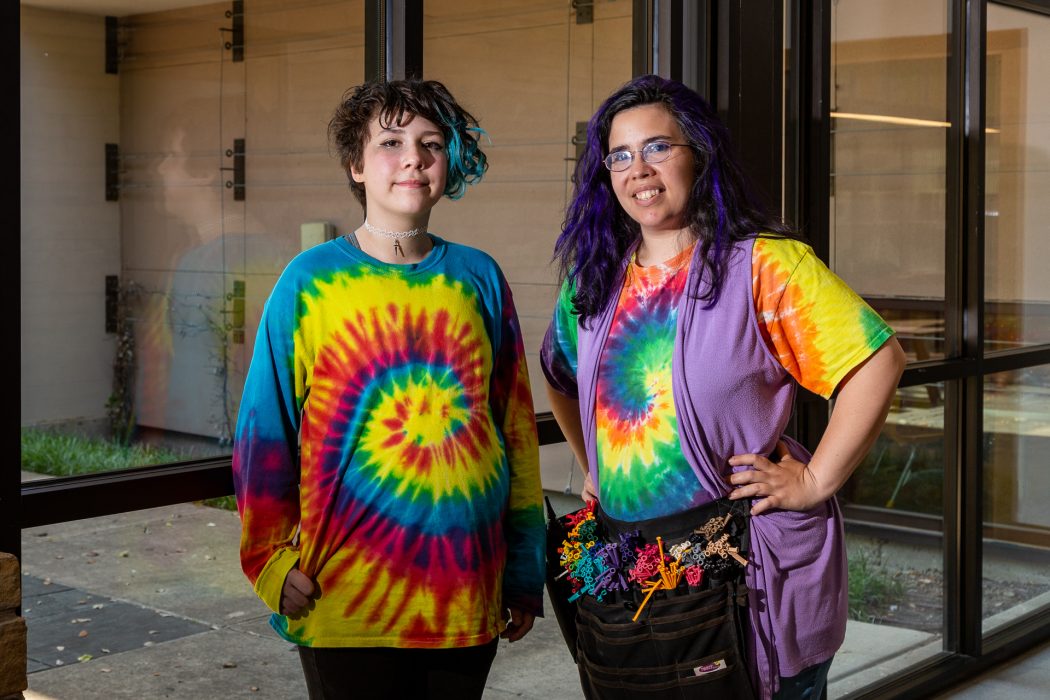
Francis Zalace, right, and one of her children. Photography by Yuvie Styles.
June is Pride Month, a time of celebration for those who identify as lesbian, gay, bisexual, transgender and queer (LGBTQ), a time to celebrate the freedom to be themselves. And for some neighbors, it’s a time of special meaning and memories.
Pride Month is rooted in the gay rights movement which gained steam in 1969 after NYC’s Stonewall Riots, protesting harassment by authorities. A few years later, Dallas had its first small rally, and yearly celebrations began in 1980. They’ve grown every year since.
Lower Greenville neighbor Ed Oakley remembers those early days. If the name rings a bell, it may be because Oakley has served on the Dallas City Council and has been a mayoral candidate.
He was approached by Alan Ross, organizer of the Pride parade which made its way down Cedar Springs, Turtle Creek and ended with a rally at Lee Park. A few years ago, the parade and rally/festival were moved to Fair Park, and this year’s festivities will be June 4-5.
In the beginning, Oakley helped with crowd control as the parade grew in participants and spectators. “I was always happy to help with the parade,” he says. “It brought the community together with an all-volunteer group in the early days.”
After stepping into politics, Oakley found he could do more than set up parade barricades. When he was elected in 2001 to the City Council, he worked to get the entire group to sign the parade program, which included Pride information and statements of support from city officials. “The Mayor of Dallas had a letter in the book. And there was a proclamation from the mayor and council,” he says. “If memory serves me I was able to get all council to sign the proclamation but a couple back at that time.”
He also persuaded council members to ride in the parade on a float. “I was allowed to then introduce the politicians who participated in the parade,” he says. “We were able to get almost all of the City Council members to ride in the parade from that time on.”
Oakley says Dallas has made progress over the years and has “led the country in many ways.” Support organizations such as The Resource Center and AIDS Services are still active today. The City has a LGBTQ task force to address issues, and in 2002, Dallas passed the most progressive nondiscrimination ordinance in a major city, becoming the model for many other cities.
“People from all over the country look to Dallas to see what we are doing to address LGBTQ issues. The progress was slow until LGBTQ people began to be elected to political office. I’m proud to have been a part of that in Dallas history,” he says.
Another neighbor who participates in Pride events is Francis Zalace, whose perspective is unique and complicated. Though she doesn’t identify as LGBTQ, she understands being different. “When I first started participating in Pride events, it was as an ally — I felt compelled to show my support,” Zalace says. “I’ve always been a bit more unconventional in my outlook and approach to the world than many of my peers growing up, and I remember how it felt to be judged and sometimes marginalized for it.”
She hastens to add, “While I would never attempt to draw direct comparison between my experiences and those within the LGBTQ community, the mutual feeling of being outcast for being true to oneself has always resonated with me.”
Zalace and her three children first became involved in Pride events through their church, First Unitarian. They have marched in the parade with ministers and other congregation members and have participated in the Pride festival, Zalace sharing her talents as a professional balloon artist at the church’s festival booth.
“It was important to me to show my support for my church and the LGBTQ community and to model for my kids being accepting and embracing of diversity,” she says.
For Zalace, what began as a show of support as an LGBTQ ally soon took a personal turn: Her eldest child came out as polyamorous non-binary lesbian (she/her). Her middle child eventually came out as queer (they/them), and her youngest identifies as transgender gay boy (he/him).
Looking back, Zalace says she had an inkling about each.
“When I was expecting each of them, trying to figure out what to name them, I knew for certain my eldest was a girl and was surprised by the sonogram of my youngest because I was positive they’d be a boy. And with my middle, I could never get a vibe,” she says. “Come to find out a little over a decade later, I was right all along on all three counts.”
Pride celebrations took on new meaning. “Since my kids came out, it has become important to me in more ways because it is an outlet to show my kids support and love and to uplift a community where they can feel welcome and included,” she says.
Pride Month is for everyone, no matter how you identify.
Zalace sums it up: “It’s an opportunity to celebrate unconditional love and acceptance.”

